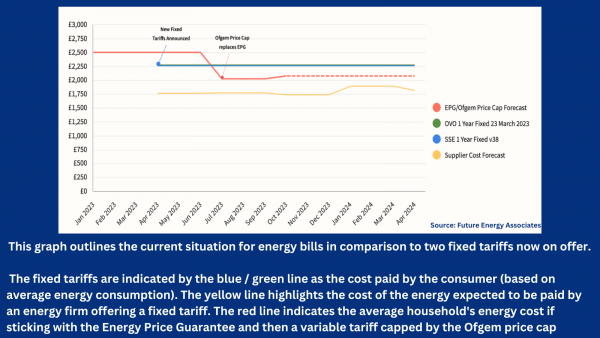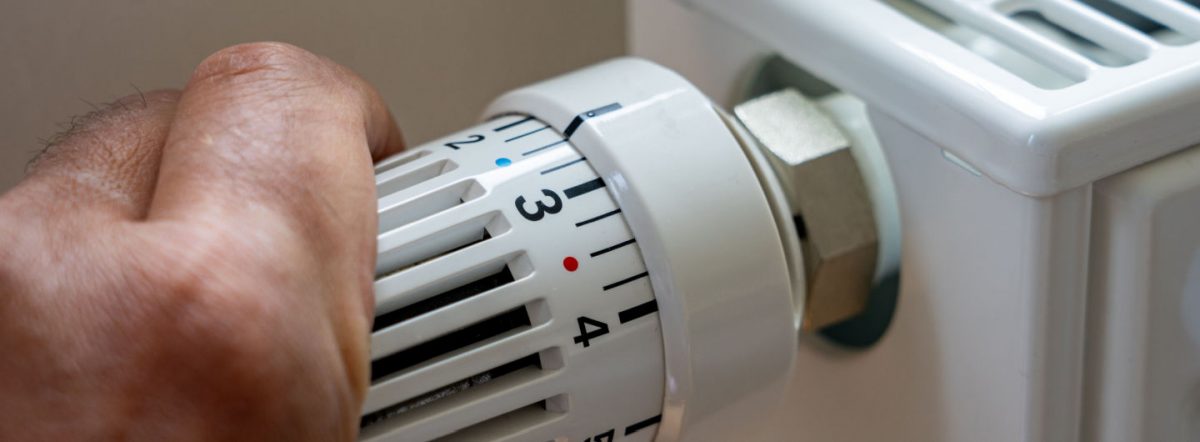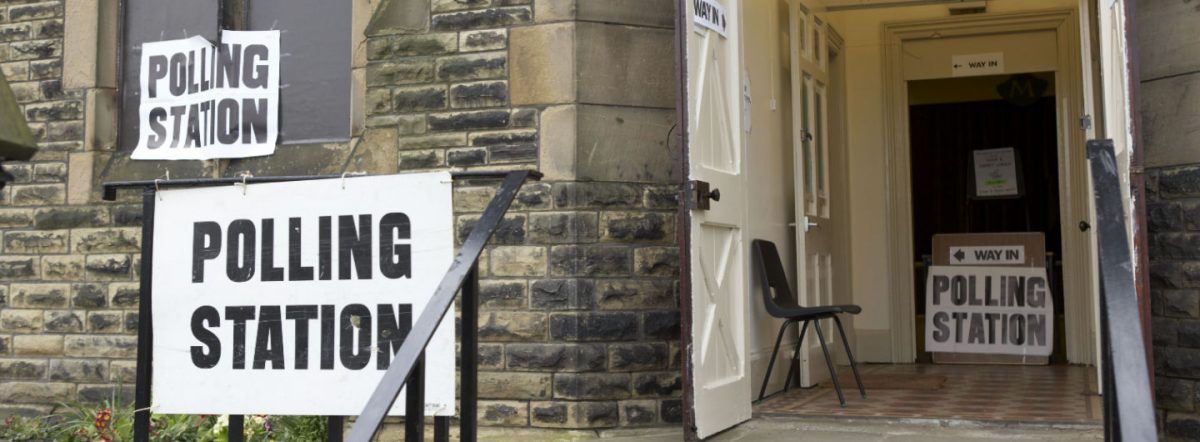New analysis of Energy Bills Support Scheme (EBSS) data reveals that in some areas of the country more than one in twenty payments were not delivered or vouchers left redeemed.
Regional data from the first five months of the scheme has revealed the areas with the highest rates for missed payments are some of the areas hardest hit by fuel poverty.
These include the London Borough of Brent where 6.62% of payments have not been delivered or redeemed, Birmingham (4.68%), Stoke (4.00%), Wolverhampton (4.26%), Coventry (3.86%) and Sandwell (4.21%).
Rural areas are also hit with poor delivery rates, such as Na h-Eileanan Siar (4.86%), Pendle (4.28%) and even Rishi Sunak’s own backyard of Richmondshire (4.08%, which equates to £285k still owed to his constituents by energy firms).
In Scotland, the Herald reports that that the value of these missed payments tops £29m. In cities like Birmingham, Glasgow and Leeds, the value of these missed payments are over £4m a piece.
Data for the full scheme also reveals that energy firms still owe £241m to households through the support scheme, a majority of that being through unclaimed PPM vouchers with new figures expected to be published next week.
A spokesperson for the End Fuel Poverty Coalition, which is part of the Warm This Winter campaign, commented:
“Since the initial revelations about the missing payments, it is welcome that energy firms have made more effort to track down customers and deliver payments to them, but this work must continue until they have exhausted every avenue to get money into the hands of people who need it.
“However, what is very concerning about these figures, is that the Energy Bills Support Scheme is not getting through to the very areas of the country which need it most.
“In towns and cities, which will also be the battlegrounds in the next general election, households have been left in the cold this winter as payments are not getting through and vouchers are left unredeemed.
“But even in rural areas – where many homes have also suffered from delays in payments not shown in these figures by being offgrid – there are still massive gaps in the support getting through.
“If anyone feels they have missed out on Energy Bills Support Scheme payments they should contact their energy firm immediately.”
Frazer Scott, CEO of Energy Action Scotland, said:
“It is simply disgraceful that so many households have been failed by Government support. The EBSS vouchers expire in June and it is now unlikely that most of these households will now receive some or all of the £400 to which they are entitled.
“People will have simply gone without heat and power across the coldest months putting their health and wellbeing at risk. It is made all the more difficult due to the credit holding limitations of older prepayment electricity meters. This ranges from £99 to £250 depending on your meter and supplier. The larger the outstanding voucher value, if you have it, the more difficult it may be to apply it.
“Those living in rural areas face even more barriers to accessing the value of their vouchers with many having to pay significant travel costs to access their local post office or other redemption point.
“It isn’t right that those in the lowest incomes are enduring yet another unfairness in a system that for the majority, including the most wealthy of households, people with multiple homes, was provided automatically.”
Any money unclaimed by the public or undelivered by the energy firms is due to be returned to the Government after deadline for claims to the scheme ends in June.
ENDS
Full Data Set Available: EFPC April energy-bills-support-scheme-gb-payments-april-2023


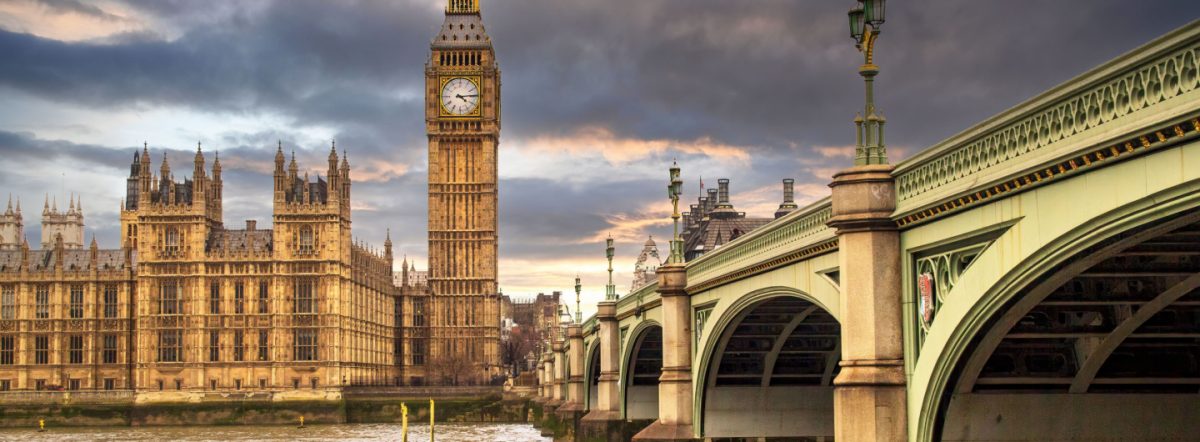
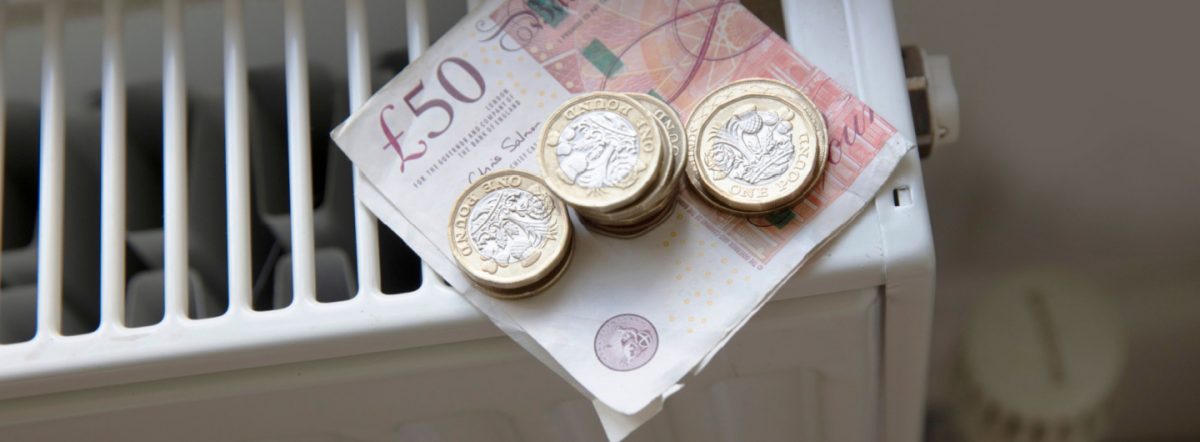
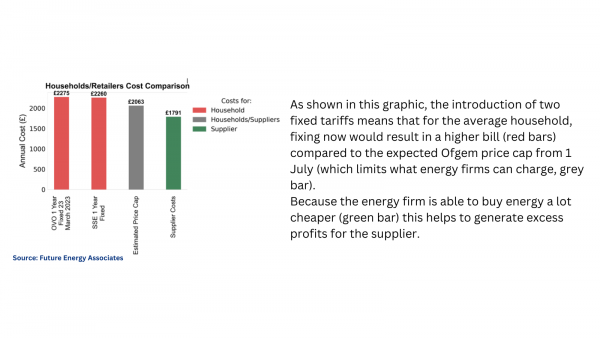 This is summarised in the table below.
This is summarised in the table below.